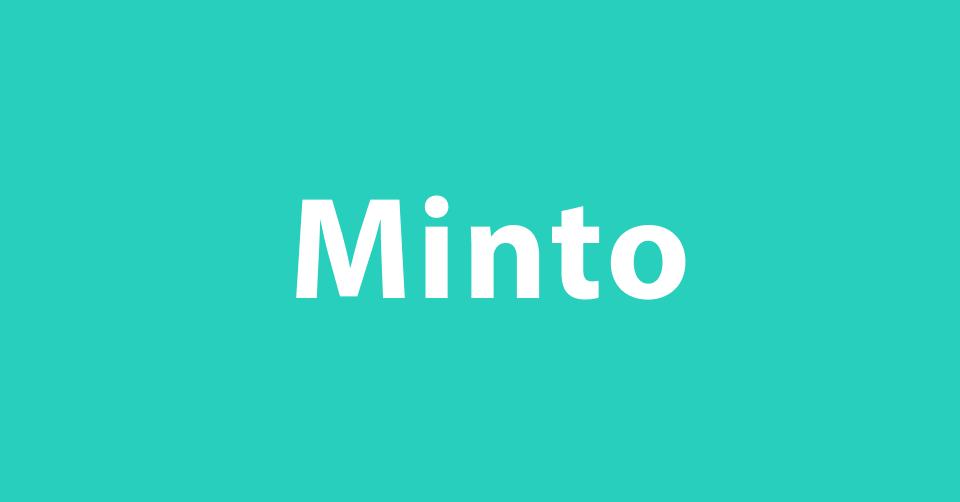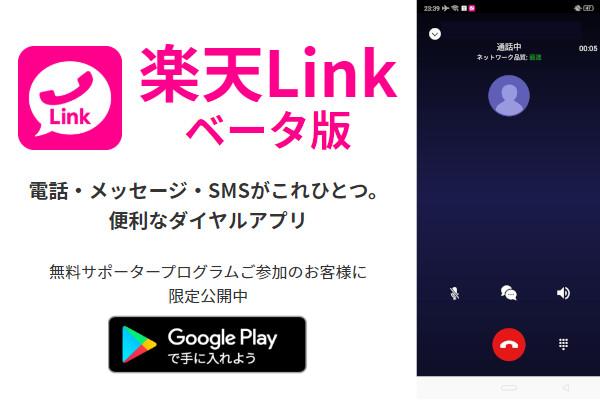Are you addicted to the Internet with a tablet device distributed by your school? The tragedy that children fall into ``Access restrictions can be easily bypassed'' The tragedy of children falling into Internet addiction with tablets distributed at school
So what is the reality? Let's take a look at Trend Micro's "GIGA School Security Survey 2021" (July 2021) for parents with children in the first grade of elementary school to the third grade of junior high school.
According to the report, as of the end of June 2021, 41.2% of parents and 70.7% of teachers answered that their children had received terminals from schools, indicating that the terminals had not yet reached their children. Even if local governments are able to distribute them, there is a possibility that they are not being used due to the lack of preparation at school sites.
When we asked the parents who answered that their child received the device about their experience of trouble using the device, we found that about 20% had already experienced trouble. 22.0% of parents and 38.5% of teachers answered that their children experienced problems related to cybercrime and Internet use when using the terminals deployed under the GIGA School Concept.
■ 60% of parents do not understand how to deal with Internet problems
According to the teacher's answer, the main problem is "Using the terminal for purposes other than learning (playing games, watching videos, etc.)" etc.)” was 12.8%, “connection to fraudulent sites such as phishing scams” was 12.0%, “account hijacking and unauthorized access was victimized” at 11.1%, and “account hijacking and unauthorized access was perpetrator”. followed by 11.1%.
Children use their devices for things other than learning, such as playing games and watching YouTube, and are caught up in problems such as phishing scams and account hijacking.
Furthermore, 58.9% of parents and 29.9% of teachers did not understand whether technical measures such as settings and tools for avoiding danger were implemented on terminals. It is necessary for parents and teachers to understand the countermeasures for the devices used by children before allowing them to use them. In addition, less than half of all items are educational measures for children's terminal use, both parents and teachers, and the reality is that education for children who use terminals is not progressing.
■ "I spent 8 to 12 hours playing on the device without going to the summer course" It doesn't seem to go smoothly, such as "I can't hear what you're saying because it jumps around" or "The screen is frozen and doesn't move". This seems to be mainly a problem with the school line, but there are also problems with home use.
In the first place, the contents of restrictions on distribution terminals differ depending on the municipality. For example, in Setagaya Ward, Tokyo, the restrictions are minimal, and you can even watch YouTube. He believes that if the restrictions are too strict, people will not want to use them, so he dared to keep the restrictions to a minimum. It seems ideal when you think about letting them use it, but there are still problems.
"Right after I was given a terminal, my child used it until midnight, so I couldn't get up the next day and had to skip school," said a housewife in her 40s with a frown. She said, "During the summer vacation, I used 8 to 12 hours a day without permission, and I tried to send him to the summer course at the cram school, but in the end, he didn't go for days even though he applied for it, and played on the terminal. It looks like it was there."
On the other hand, there are many local governments that have strict restrictions in advance for fear of problems. For example, my son is in the 6th grade of elementary school. Meanwhile, video apps such as YouTube and TikTok are restricted and unusable. However, he said, "My friend was watching YouTube and my teacher got angry."
■Children who share tricks and get around the removal of restrictions
The reason why you can freely use games and YouTube on restricted devices is because the method for removing restrictions is shared on the Internet. Because it is. For example, on YouTube, "How to remove restrictions on GIGA school concept terminals / How to watch YouTube / How to play games" etc. are published, and tricks are shared.
In the comment section, "Please let me know if there is a way to watch YouTube", "Can this be done on an iPad", "I tried, but this site is also blocked and I can't open it. Is there another way?" How do you enter Photona (author's note, Fortnite)?” and other comments from child users.
One elementary school student said, "You can play games with Scratch." On Scratch, a programming application, you can play with programming made by other users, but it is popular to find and play games there. In addition, there are many cases in which restrictions can be circumvented, such as YouTube being able to be viewed on certain apps that are permitted for educational purposes. Such tricks are quickly shared and spread among children.
■ "I can't see Wikipedia" due to too much restriction
On the other hand, there are many cases where local governments restrict too much. There are many places where you can't install apps or watch YouTube. Not only that, some local governments have also disabled camera apps and sending and receiving emails.
Once upon a time, my son was searching for "Shonai Plain" in research studies, but he was in trouble because he could not find any good materials. When he advised me, "Why don't you look up the basics of the Shonai Plain on Wikipedia and see related sites from the link?" When I checked, I was surprised that Wikipedia was indeed subject to access restrictions. They must have been afraid of copying and pasting, but is there any meaning in the restrictions?
In addition, even though there was a homework assignment that had to be submitted by taking a picture with the school terminal, the parent accidentally took a picture with the smartphone. So I tried to transfer the data using a USB memory, but it became unusable. They must have been afraid of virus infection and personal information leakage, but in such a situation, I had a hard time migrating data.
Like this, places that don't restrict anything at all lead to problems for children to use too much, but on the other hand, there are quite a few local governments that restrict too much to the extent that it is difficult for them to learn because they fear overuse. It is said that the GIGA school concept is merely a digital replacement, and that ICT education in the true sense has not been achieved, but I would like to agree with this opinion.
However, the local government should be in trial and error in the first year of introduction. If you feel that there is a problem with your child's learning use, isn't it important to convey your opinion through the school and improve it?
■There are many adults who skip work and enjoy the Internet...
So, how should we deal with the GIGA School Concept terminal?
I quickly realized that just because my son is at the computer doesn't mean he's learning. When he was doing his homework, he used the keyboard, but when he was just watching, he was often surfing the web and playing Google games.
When I said to the person himself, "You can tell immediately when you're just slacking off using the internet," he seemed to be aware of it and made a face of "I'm sorry." "Even grown-ups can turn to the internet when they want to skip work. But that doesn't mean they won't finish their homework. It's better to finish homework early and play when it's time to play." It seems to have improved.
It's common to get addicted to games and social media when you can freely use your smartphone. On the other hand, GIGA school terminals are filtered, making it difficult to use SNS, videos, games, etc. that many children tend to get addicted to. Using a computer or tablet before using a smartphone is a good preparatory step for learning how to interact with the Internet.
■Think about how to use it together instead of blindly banning it
It is not uncommon for adults to become addicted to SNS and games, so learning how to socialize is part of studying. Why don't you let me learn how to It is also necessary to make agreements with children about usage time, and for parents to manage and prevent them from using it at night and during study time.
It is also important for parents to know about various troubles and risks that occur during use, and to let children use it after understanding the countermeasures for the terminal they are using. You will be able to grasp the troubles and risks to some extent by keeping an eye on the communication from the school and related news. At the same time, it may be possible to take measures against children's terminals and environments by researching basic usage and characteristics on the Internet in advance.
Also, since it is difficult for children to suddenly use terminals for learning, how about giving advice on how to use them, such as introducing a web service where you can learn programming for free? As for research studies, it is difficult for children to find useful sites that they can understand on their own, so it would be a good idea to do an AND search for "primary school student research study" to find recommended sites and teach them.
The era of banning the internet and terminals is over, and it is now time to think about how to use them and interact with them. Instead of leaving everything to the children alone, I would like parents and children to learn how to use terminals and how to interact with the Internet while watching over.
---------- Akiko Takahashi Visiting professor at Seikei University IT journalist. Writes articles for books, magazines, web media, and gives lectures. He is familiar with SNS, information literacy, and ICT education. He is the author of many books, including "Social Media Addiction" and "Starting from scratch with LINE Super Introduction". Many TV appearances such as "Asaichi" and "Close-up Gendai +". Former elementary school teacher. ----------
(Seikei University Visiting Professor Akiko Takahashi)








